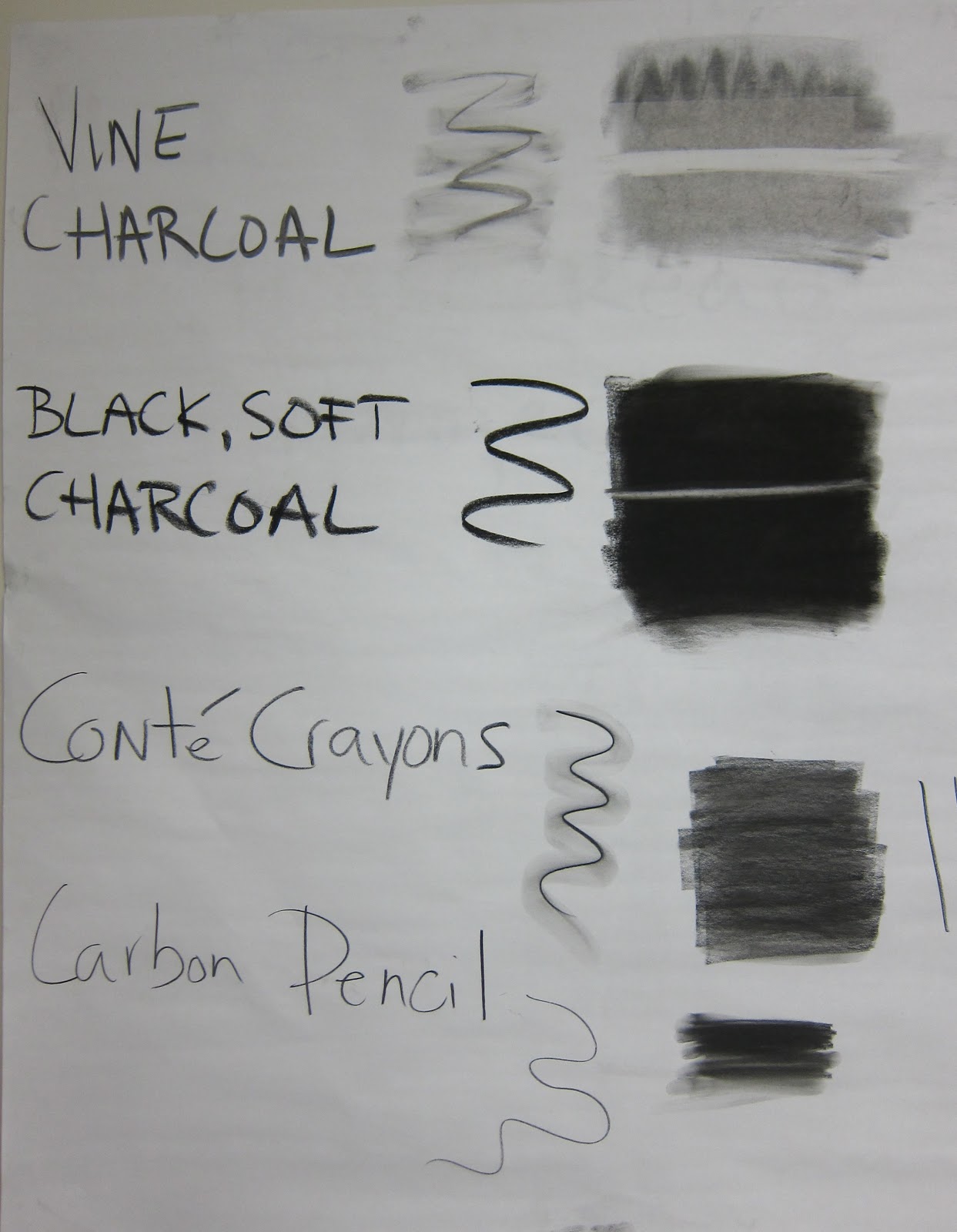Thursday, October 18, 2012
Notan
Here is a great instructional video on the subject of Notan Art and how to create an artwork using this technique. Click here to check it out.
The Principle of BALANCE
What is Visual Balance? This is what Grade 6 students are exploring this week as they create Abstract collages that explore Positive and Negative Space.
Grade 6: Space and Shape in Your Composition
During the first two weeks of October students reviewed The Element of Space in a work of art for their upcoming collage project. We defined and examined positive and negative space and looked at a variety of 2-D examples. Additionally, we discussed The Principle of Balance in a work of art. Below are some of the notes from class.
 |
| Visual Illusion known as "Rubin's Vase" |
Sunday, October 14, 2012
Grade 7: Portraits and Proportion
Grade 7 students learned about the principle of Proportion in portraiture and how Proportion describes the size, location or amount of one element to another (or to the whole) in a work.
"Proportion in art is the comparative harmonious relationship between two or more elements in a composition with respect to size, color, quantity, degree, setting, etc.; i.e. ratio. A relationship is created when two or more elements are put together."
Students observed several demonstrations on how to measure and place the features in the correct spot on the face and practiced drawing Proportion guidelines to obtain accurate relationships in size and placement with the features. Additionally, we viewed several videos on how to draw the nose, basic proportions of the face and how to use charcoal to create a variety of values and textures to make the face look 3-dimensional on a flat piece of paper. -->
"Proportion in art is the comparative harmonious relationship between two or more elements in a composition with respect to size, color, quantity, degree, setting, etc.; i.e. ratio. A relationship is created when two or more elements are put together."
Students observed several demonstrations on how to measure and place the features in the correct spot on the face and practiced drawing Proportion guidelines to obtain accurate relationships in size and placement with the features. Additionally, we viewed several videos on how to draw the nose, basic proportions of the face and how to use charcoal to create a variety of values and textures to make the face look 3-dimensional on a flat piece of paper. -->
Pivotal questions we will explore in class include:
What is a portrait?
Why
do artists paint portraits?
What are the guidelines and measurements to achieve
proportion when drawing the face and its features?
How can you create depth with value in your portrait?
Where are the significant highlights and shadows in
the face?
What details and Elements
of Art can you incorporate to make your work
more realistic?
more realistic?
What are different approaches and styles in portraits
and self-portraits
throughout history?
throughout history?
Grade 6: Experimenting with Line
In September, grade 6
students reviewed The Elements of Art and focused on the Element of Line and all its possibilities. Students
learned about the properties of their graphite/drawing pencils, as well as
learned about blending stumps and erasers to create Value and Texture in their
drawings. Students created Nonobjective Line drawings that explored Line and
how to create an interesting composition with Repetition that incorporated
Value, Texture, Space and Shape. Below are examples of student work completed on 12 x 12 inch drawing paper with graphite pencils.
Subscribe to:
Comments (Atom)


















